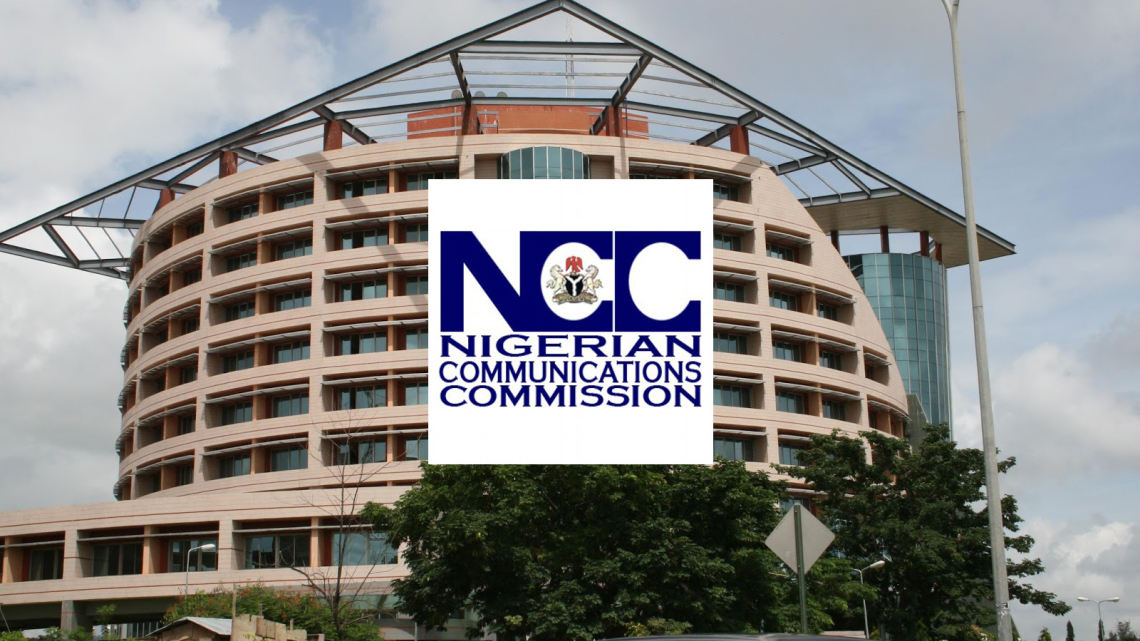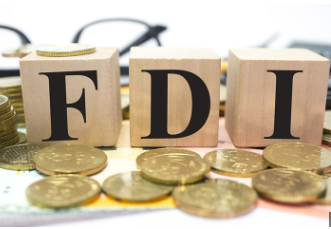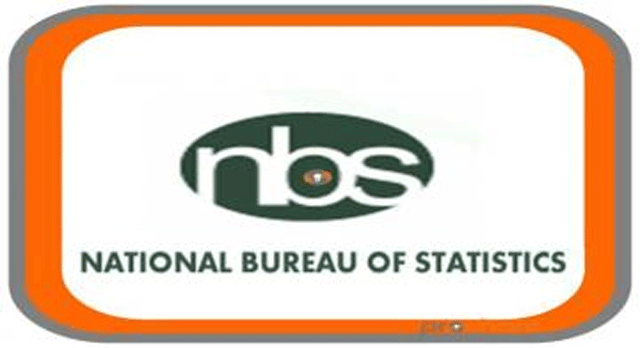ICT
Why Nigeria’s telecoms sector needs government, new regulatory interventions
Published
9 years agoon
By
Olu Emmanuel
The Nigerian Telecommunications industry is currently considered a key sector that contributes to economic growth and one that can help lift Nigeria out of recession.
Obviously, the impact started at the point of liberalisation of sector almost two decades ago, catalysed and opened up the sector to local and foreign direct investment (FDI) estimated at over $68 billion as at November 2016.
It has created approximately over 2.5 million jobs over the past 10 years, its impact reaches across all industries and holds the potential to modernize multinationals, SMEs and their supply chains.
The sector continues to provide mobile banking services to help bank the unbanked, provides access to e-learning platforms to help facilitate training and development, and brings healthcare services to rural regions, via telemedicine and text message counselling, amongst many other services.
Until June 2016, the telecoms sector was growing rapidly and comprised 9.8% of Nigeria’s GDP but this growth has now stalled, with the sector at a strategic crossroads. Several factors have converged simultaneously, which could materially impact the industry and undermine its potential to drive economic growth and stimulate the Nigerian economy as a whole.
For starters, from a systemic standpoint, the current weakness in the local economy has resulted in relatively low consumer purchasing power and continues to place pressure on the industry and its operators.
The weak Naira has made the importation of much needed telecom equipment into the country difficult, and the upgrading of towers and service capacity expansion too expensive to conduct on a large scale.
Operators are now either deferring or delaying upgrades or expansion of their networks and customers are starting to feel the impact. Signal quality has been affected, incidences of dropped calls have increased, and overall customer service quality has declined. Nigerian consumers have every right to demand more and should never have to settle for poor network quality or services.
To further compound matters, consumers continue to move away from legacy voice services and are switching to data bundle packs, which allows them use over the top (OTT) service providers such as WhatsApp, Skype and Facebook to make phone calls inexpensively over broadband connectivity not minding the often poor quality of these services.
While it’s clear that the simple solution to addressing this trend is massive investment into telecom tower network densification, as new 3G and 4G technologies are rolled out, these network upgrades can only be done if there is adequate financing and a suitable business case.
Moreover, there is an ongoing data bundle “price war” between incumbent telecom operators and internet service providers; with a frantic race to deliver cheap gigabytes of data, for rock bottom prices.
On the surface, these prices appear good for the consumer in the short term, but in the long run, this price war will put many operators out of business, as these current bundled offerings are priced well below their actual costs to network operators.
According to Research ICT Africa, the price of data has decreased by over 65% over the past two years, squeezing margins and pushing smaller mobile network operators to the brink of collapse.
Short Term versus Long Term Gains
Artificially low data prices are designed to drive out competition. This type of practice is called “predatory pricing” in respect of which there are restrictions in many parts of the world. These pricing wars never work out well for consumers, as they typically result in initial temporary low service prices, just long enough to force out the competition.
Then, all of a sudden, the few remaining players monopolize the market and suddenly double, or even quadruple prices, as they are the surviving and dominant game in town. It’s easy to identify anti competitive pricing, as we know what it costs the telecom industry to secure internet bandwidth.
ALSO SEE: Nigeria’s anti-corruption war: SERAP petitions ICC over missing N11trn electricity fund
A good example of healthy competition which has led to improved quality and product service offerings is mobile phones. The competition between Apple and Samsung and others has forced all parties to constantly launch new and improved products.
Competition leads to fair market pricing which has enabled mobile phones to be purchased by the masses. The current problem in the telecoms sector is that we don’t have fair market pricing -the price of data bundles in Nigeria is presently amongst the lowest in Sub Saharan Africa.
While market forces drive the industry, governments and regulators must shape the mobile economy by setting the policies and regulations that will deliver a healthy, competitive and sustainable mobile sector alongside consumer protection for all citizens.
Feasible Solution
Given the tremendous potential that telecommunications has to jump start and stimulate the Nigerian economy at all levels, we need the help of government and regulators to play the role of referee and establish a level playing field.
Fatai Folarin, Tax & Regulatory Services Lead Partner at Deloitte noted that, “The telecommunications industry in Nigeria is one that can currently be described as self-aware and steadily adapting to the stark realities of business – changing trends, intense rivalry, regulatory uncertainties etc. There is a general understanding that to remain sustainable, there is a need to recreate existing products, diversify into new areas for which the capabilities and resources are near, improve on general business processes and navigate through the regulatory landscape.”
ALSO SEE: Banks remove $1.2Bn 9Mobile debt from books
We recognize the free market principles of business and competition, but we also note the artificially low prices that are having a negative effect on investment and growth within the sector.
Both large and small mobile network operators are currently working to try and mitigate the current challenges related to squeezed margins, and in other cases generating losses, and lack of direct access to foreign currencies, with the smaller firms struggling the most to compete. Reduced competition will be a lose-lose situation for all operators, and the public as a whole.
The recent default status of Etisalat Nigeria, is a prime example of how it can all go wrong. Etisalat is the fourth largest telecom operator in the country, but as a direct result of the company’s razor thin margins on its current service offerings, and against the backdrop of the devaluation of the Naira, the company has failed to meet its obligations to its lenders.
Concerted regulatory efforts need to be made to ensure that all sides survive and the quality of service levels continue to be enhanced, by having the regulatory bodies insist the mobile network operators focus on additional customer metrics such as, measuring their signal reach, network uptime and improved quality of a data services.
A regulated price minimum price level will help stop the downward spiral of the telecoms industry and allow all telecom players, big and small, to compete on network service and customer service quality. Policy makers must therefore ensure that all current players survive.
The Nigerian Communications Commission (NCC) can issue more spectrum licenses and make up revenues when additional spectrum is auctioned and mobile network operators roll out into new rural areas.
We also need to consider the telecoms sectors as critical to our nation’s economic development and, as such, place the sector on the critical national infrastructure list
This important designation will give operators priority access to much needed foreign exchange and the procurement and purchase of telecom upgrade equipment for the networks.
In conclusion, mobile network operators serve millions of SMEs and multinationals that are dependent on internet access and other enterprise solutions – a half day service disruption results in large revenue losses for various businesses throughout the country.
It is therefore very important that the government, regulators and international institutions continue to define and refine strategies to increase growth and ensure the long-term sustainability of the Nigerian telecommunications sector, thereby also boosting investors’ confidence and signalling to the international community that we truly remain open for business.
You may like


Nigerian Economy and Diminishing Foreign Direct Investment


FDI plunges over rising insecurity, policy uncertainty


Nigeria’s capital inflows hit $33.27


Investors want further devaluation of Naira to attract FDI


Economy: LASG targets more FDIs, boost investors’ confidence


UNCTAD expresses worry over Nigeria’s economic recovery
Trending

 Health5 days ago
Health5 days agoDeclassified CIA memo explored concealing mind-control drugs in vaccines

 Entertainment7 days ago
Entertainment7 days agoSimi addresses resurfaced 2012 tweets amid online backlash

 Crime6 days ago
Crime6 days agoSenior police officers faces retirement after Disu’s appointment as acting IGP

 Education1 week ago
Education1 week agoPeter Obi urges JAMB to address registration challenges ahead of exams

 Health1 week ago
Health1 week agoNAFDAC issues alert on suspected revalidated SMA Gold infant formula

 Comments and Issues6 days ago
Comments and Issues6 days ago20 Critical Fixes to Save Nigeria’s Democracy from Electoral Fraud

 Football7 days ago
Football7 days agoMartínez ruled out of Everton clash with calf injury

 Latest6 days ago
Latest6 days agoICPC yet to respond to El-Rufai’s bail request as arraignment date looms

